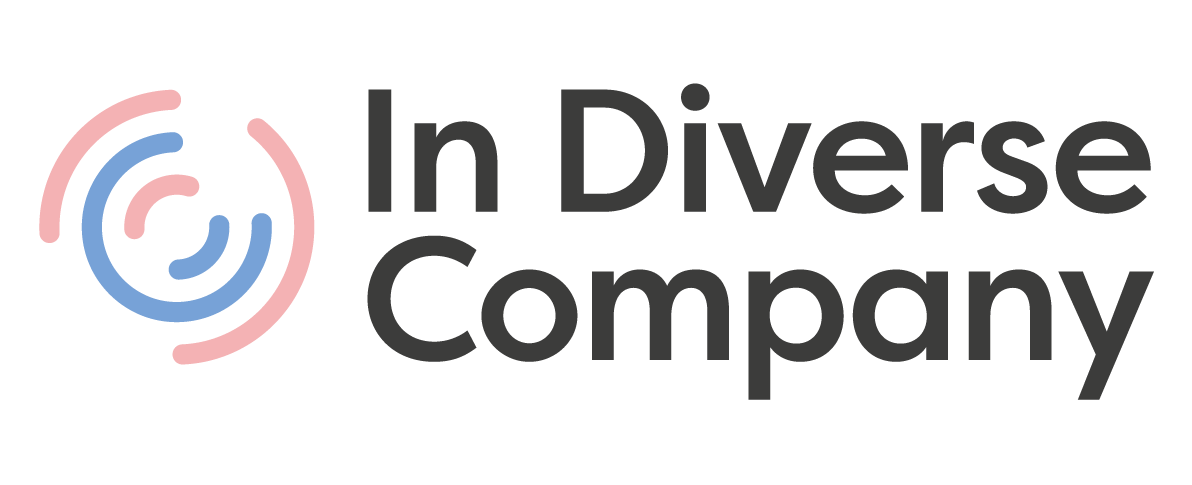By Jai Thade, Head of Content
Being committed to Equality, Diversity & Inclusion, we at In Diverse Company were happy to see that in the wake of the murder of George Floyd and the protests that followed, more and more organisations were:
- Recognising the persistence of racism at all levels, despite the actions that have been taken against it
- Acknowledging the need to confronting these systemic kinds of racism with an approach that is actively anti-racist (i.e., one that actively confronts racism) not merely a “non-racist” one that is more passive in its approach
- Putting into action workshops, webinars, sessions, talks revolving around creating awareness on these topics
While all these steps are key in moving the needle, there are a few really important questions that we all must ask: how are we ensuring such approaches are having a measurable impact? How do we ensure the impact of these measures is sustained? How do we ensure these campaigns continue to positively affect the lives of our colleagues who belong to marginalised ethnicities?
For this, we must measure data. Collecting tangible, relevant data every step of the way will be a differentiator between those approaches that have short-lived impacts versus those which have sustained impacts.
We at In Diverse Company recognise the importance of combining an approach that uses both content that leverages diverse perspectives, human stories, and the latest research as well as a data-centric measurement approach that uses cutting-edge technology. This approach allows not just baselines and progress to be measured, but also ROI – allowing organisations to not just see the ethical case but also the business case for anti-racist interventions. For instance, research by the Chartered Management Institute indicates how in the UK alone, better representation of ethnic minorities in business, especially in leadership roles, could be worth £24 billion ($30 billion).
The power of using data and analytics has already been demonstrated as being effective in a related context. Dr. Phillip Atiba Goff is a psychologist from the Center for Policing Equity. He has been analysing law enforcement data to help eliminate racial bias in police forces. His key insight was how “To fix racism we need to start measuring it”. For instance, they found how foot pursuits were often followed by the undue use of force. They discovered the scientific explanation behind this was that running causes adrenaline to rise, which in turn increases aggression. In this manner, leveraging an understanding of psychology, they instituted small behavioural changes like requiring police officers to count to ten or wait until backup arrives before engaging with perpetrators. Measures like this have reduced the use of force across the country by 26%.
Such an approach, of utilising psychological research, rigorous data, and a focus on making small behavioural changes that are sustainable is something that also underlies our interventions to create sustainable change.
To learn about our psychological and data interventions and programmes, you can reach out to us at info@indiversecompany.com.
_
In our commitment to fight racism and inequality, our series of anti-racism programmes help you promote good practice initiatives to prevent racism in organisations. These are available on our learning platform Include LXP. To find out more about how this and other programmes can be made available to employees in your organisation, please reach out to us at info@indiversecompany.com.
_
Photo by Canva
Liked this article? Share it with your network:






